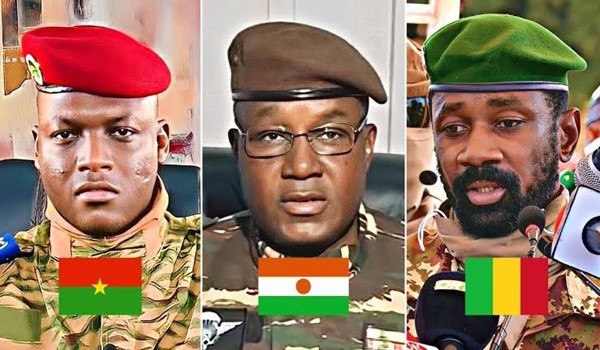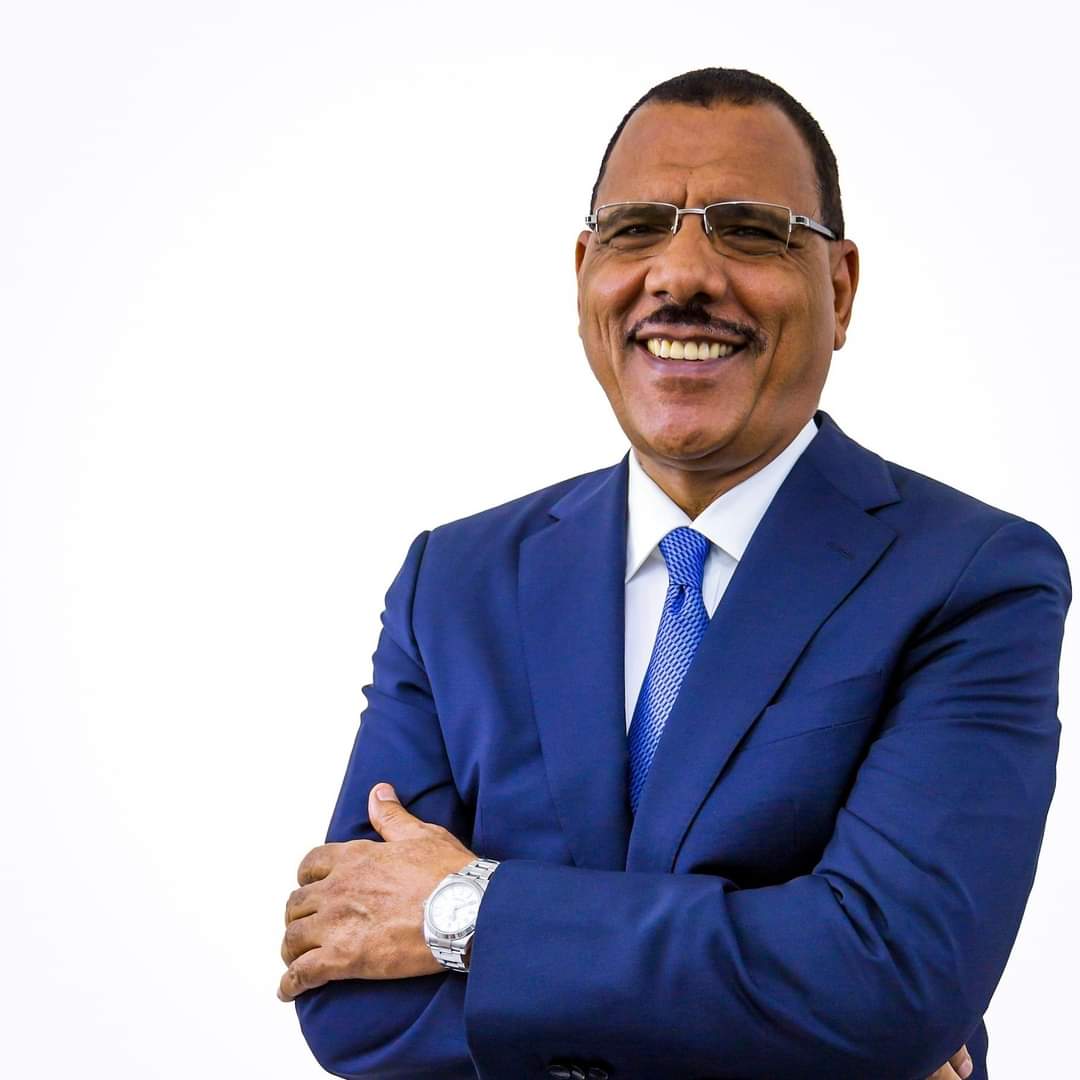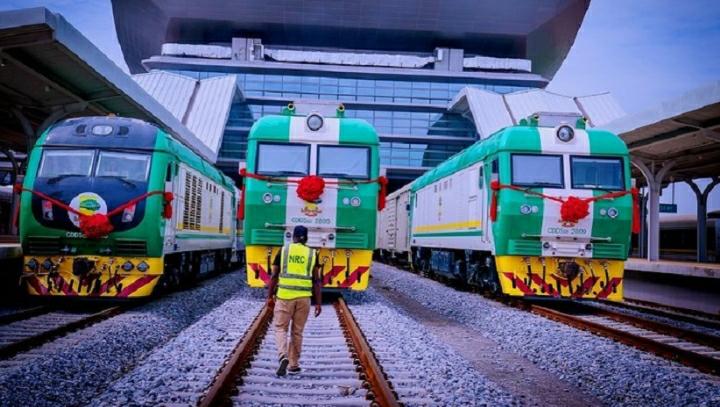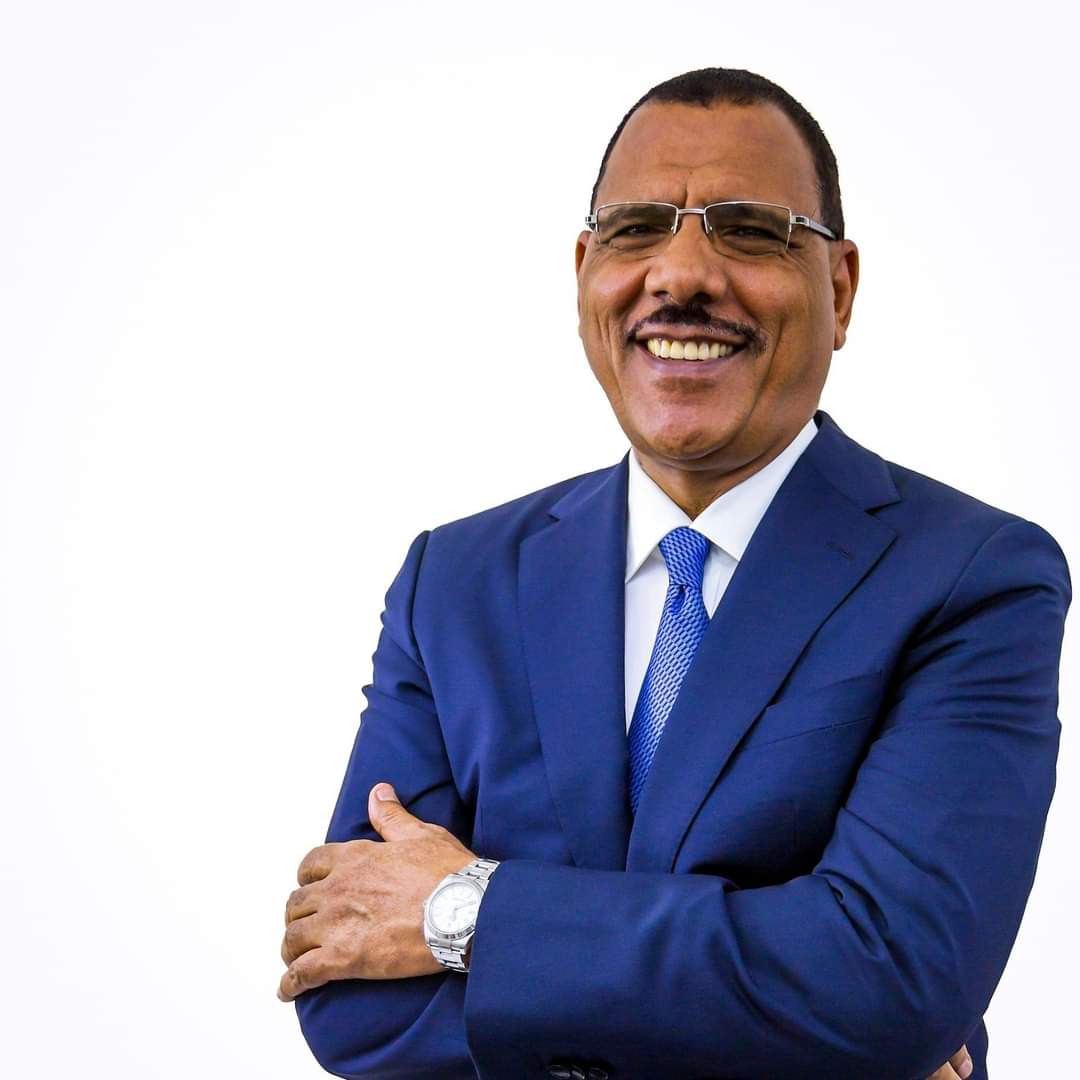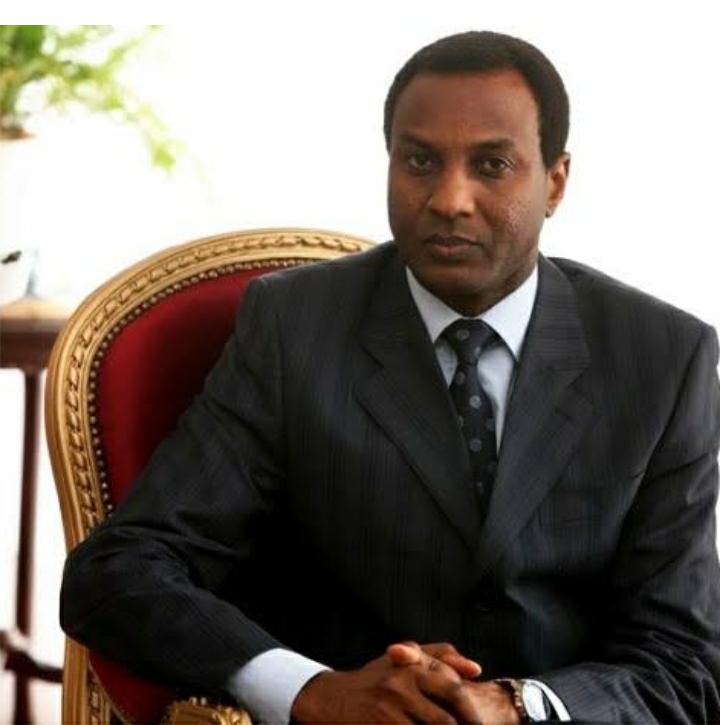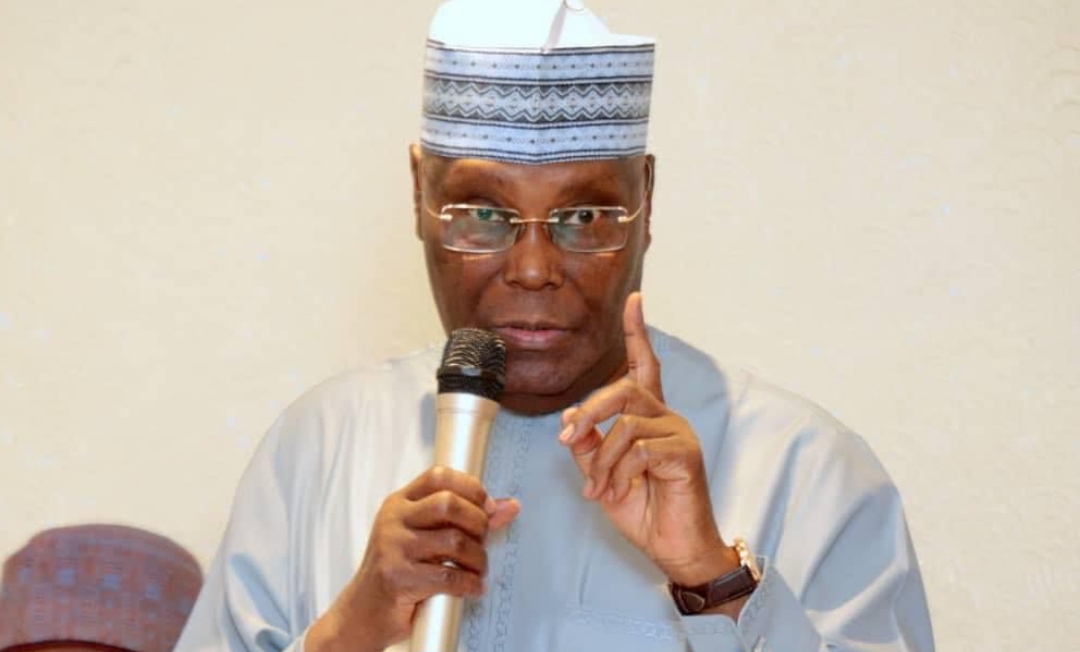The decision of Burkina Faso, Mali, and Niger on opting out of ECOWAS
By Tijani Abiola Burkina Faso is a landlocked country located in West Africa. It shares boundaries with six countries: Mali to the north, Niger to the east, Benin to the southeast,…
